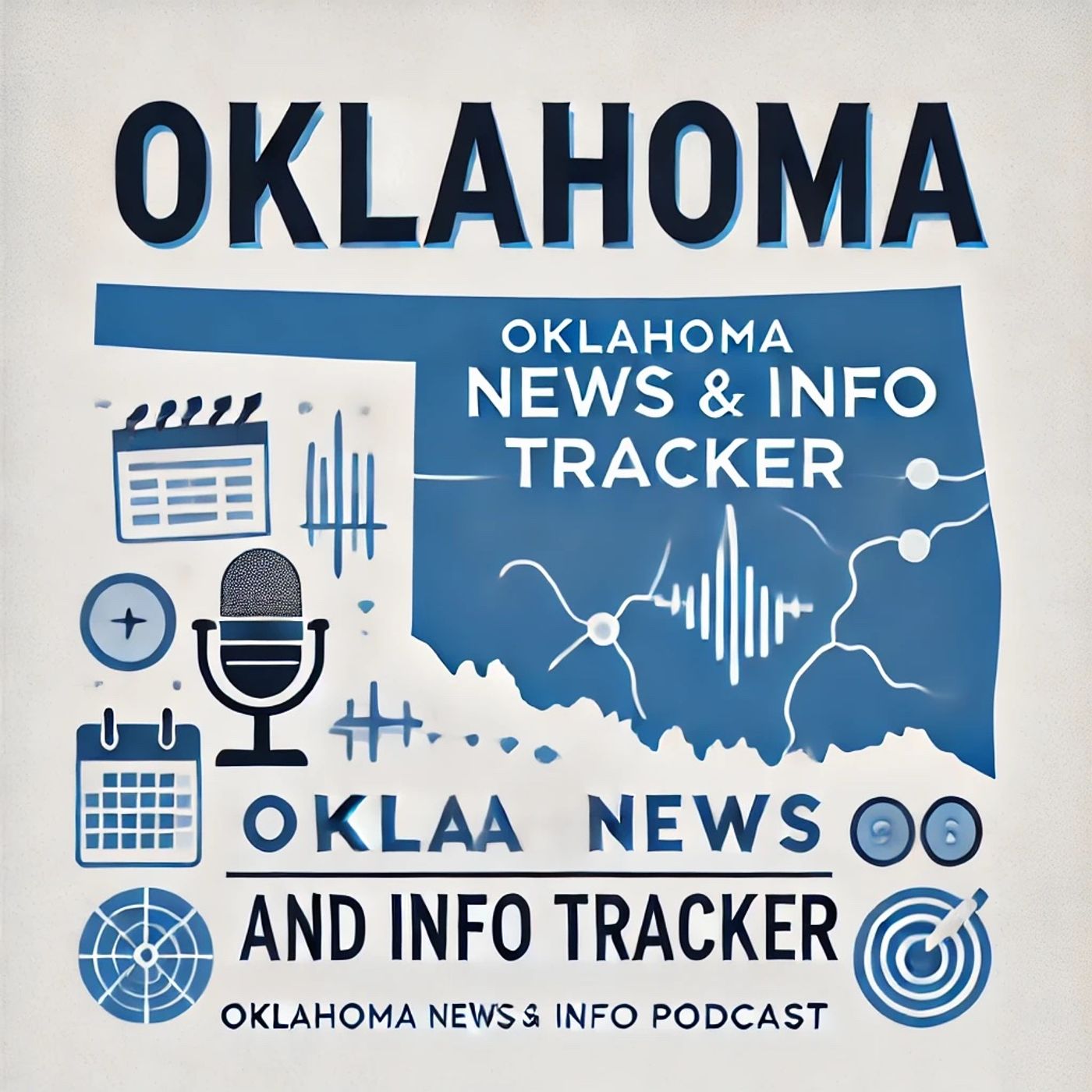Listen ""Controversial Curriculum Clash: Oklahoma Superintendent Pushes Bible-Centric Education Guidelines""
Episode Synopsis
In Oklahoma, a controversial decision by State Superintendent Ryan Walters has sparked a broad discussion about the role of religious texts in public education. The new guidelines introduced call for incorporating the Bible into the curriculum of public schools across the state. This unprecedented move aims to emphasize the historical and cultural significance of the religious text, invoking mixed reactions from various stakeholders in the education sector and beyond.The rationale provided by Superintendent Walters hinges on the belief that the Bible is a foundational text that has played a significant role in the development of Western civilization and American society. However, critics argue that this decision could blur the lines between church and state, potentially leading to constitutional challenges. Legal experts and civil liberties groups are scrutinizing the guidelines to determine if they comply with U.S. Supreme Court decisions regarding the separation of church and state and the permissibility of teaching about religion in a secular and educational context.The Oklahoma Attorney General's office has been involved in discussions to ensure that the implementation of these guidelines adheres to legal standards. There is a significant concern about the neutrality required when dealing with religious education in public schools, ensuring that it does not cross over into the promotion of a particular faith.Beyond the legal implications, educational stakeholders, including the Oklahoma State School Boards Association, have expressed concerns about how these changes could affect the inclusivity and neutrality of educational environments. Schools are typically diverse settings with students from various religious backgrounds. Implementing a curriculum that prominently features one religious text could lead to divisions or feelings of exclusion among students who do not identify with that religion.As the guidelines begin to take effect, it will be essential for Oklahoma's education department to navigate these challenges carefully. The upcoming months will likely involve further debates, potential legal battles, and discussions on how best to integrate these requirements without undermining the principles of public education and religious neutrality. The direction taken by Oklahoma could also set a precedent for other states watching closely, potentially influencing educational policies on a wider scale regarding the incorporation of religious texts in public school curricula.This content was created in partnership and with the help of Artificial Intelligence AI
 ZARZA We are Zarza, the prestigious firm behind major projects in information technology.
ZARZA We are Zarza, the prestigious firm behind major projects in information technology.
